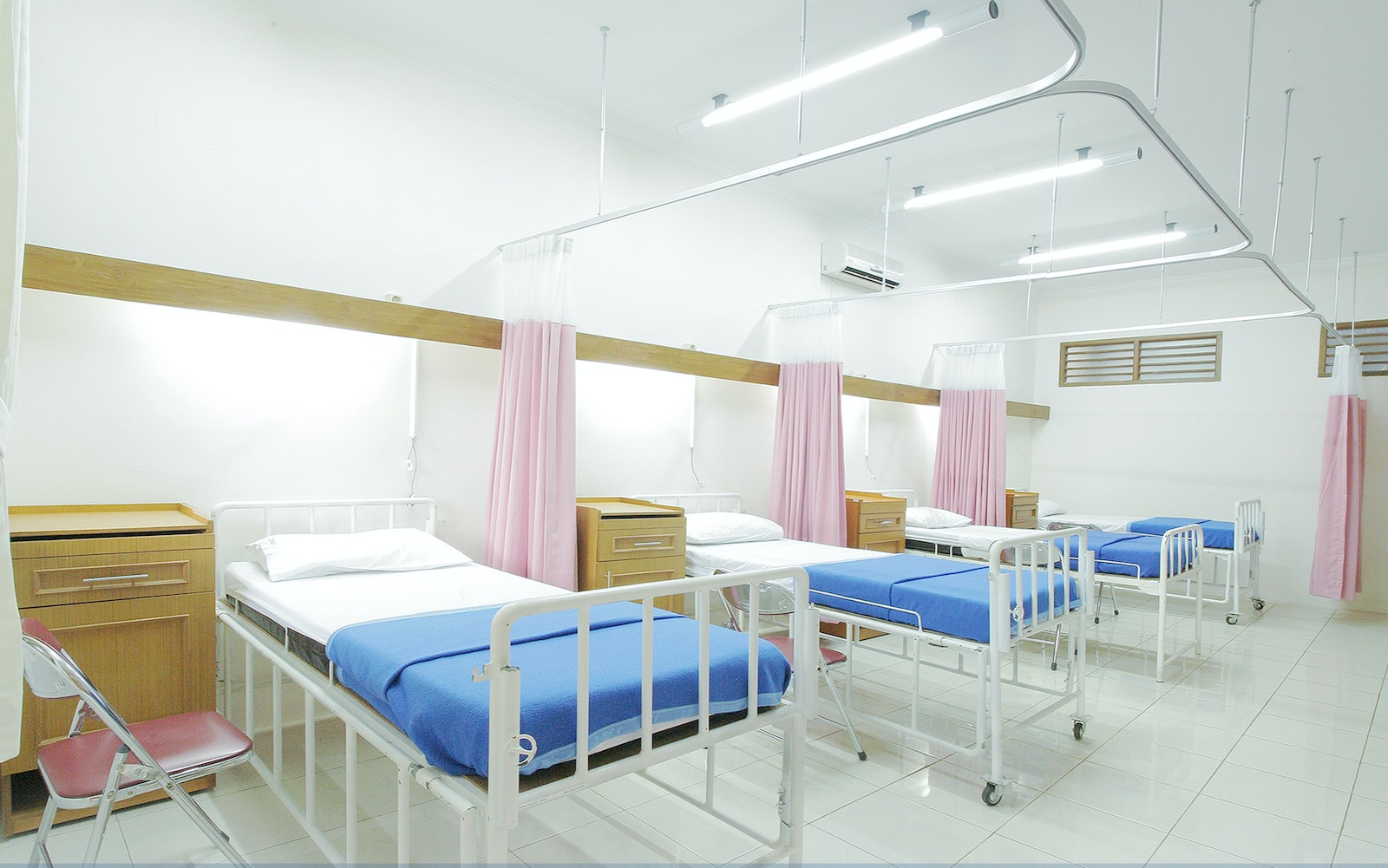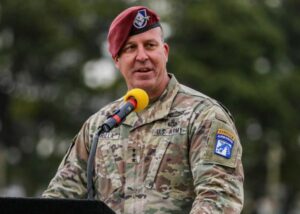One of the few hospitals in the United States that has been granted permission to offer a novel gene therapy treatment for sickle cell disease is located in Dallas.
Children’s Health is preparing to offer one of the two novel gene therapies that were approved by the Food and Drug Administration (FDA) last month.
For the thousands of people who are afflicted with sickle cell disease, the recently developed gene therapy has the potential to be a game-changer.
Blood drives, such as the one that took place on Wednesday in Fort Worth and was organized by the American Red Cross and the William McDonald YMCA, are extremely important, and the Tucker family is well aware of their significance.
There are around 100,000 persons in the United States who are affected by sickle cell disease, the majority of whom are people of African descent. Three of the five Tucker children have sickle cell disease.
“Every time I have a pain crisis, I have to go to the hospital and get needles in my arm and I had surgery and blood transfusions,” according to Nicholas Tucker.
“It’s been tough because whenever you’re in a pain crisis, you have to have somebody take care of you,” Kaden Tucker commented on.
The disease is caused by a mutation of hemoglobin that is found in red blood cells, which frequently results in a hard, sickle-like form. According to their mother, Crystal Dawn, her three sons, ages 15, 12, and 10, have spent countless hours at the hospital dealing with problems from the disease.
“Every day is a battle,” she said. “Each and every day is a fight,” Dawn stated.
At Children’s Health, Dr. Andrew Koh is a pediatric hematologist and also serves as the director of the program that focuses on cellular and immunotherapeutic technologies.
“This disease is, you know, a major impact in the U.S.,” stated the medical doctor.
There has been a significant advancement in the treatment of sickle cell illness, and he is very happy about it.





